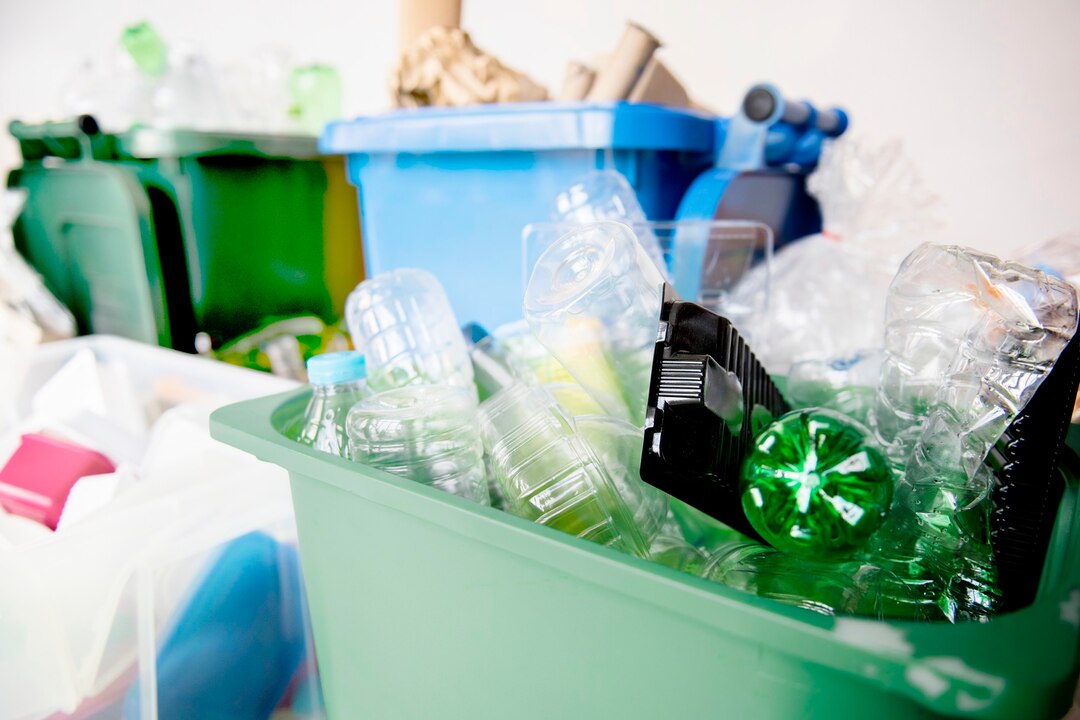Environmentalists in Zambia have voiced growing concerns over the lack of enforcement of crucial legislation aimed at reducing plastic waste. The Extended Producer Responsibility (EPR) Statutory Instrument 65 of 2018, which bans plastics below 30 microns, has yet to be effectively implemented, leaving the country at a significant environmental disadvantage. Experts argue that although the legislation was a positive step, the failure to enforce it has allowed plastic pollution to persist, continuing to pose a significant threat to Zambia’s environment and public health.
Eugene Kabilika, a well-known environmental advocate in Zambia, has been vocal about the government’s failure to enforce the law. Kabilika pointed out that despite the clear intentions behind the ban, the lack of monitoring and regulation has rendered the law ineffective. He expressed frustration with the government’s tendency to introduce legislation that lacks the necessary frameworks for enforcement and follow-up actions.
Kabilika emphasized the urgency of addressing this issue, given the growing impact of climate change in Zambia. With unpredictable weather patterns, increased flooding, and droughts, the country is grappling with the consequences of a changing climate. In this context, effectively managing plastic waste and enforcing the EPR law becomes a critical component of addressing broader environmental challenges that are exacerbated by plastic pollution.
“It’s disappointing that we have a law that is designed to protect the environment, but the lack of enforcement means it remains largely ineffective,” Kabilika said. “Without effective enforcement, we will continue to see an increase in plastic pollution, which undermines our climate resilience efforts.”
Kabilika’s concerns are shared by other environmental groups in Zambia, who argue that plastic pollution is one of the most pressing environmental challenges facing the nation. The accumulation of plastic waste in both urban centers and rural areas contributes to environmental degradation, clogs waterways, harms wildlife, and pollutes the land. It is estimated that plastic waste constitutes a large portion of the country’s waste stream, with plastic bags, bottles, and packaging materials frequently being discarded improperly.
Conwell Hakapya, Executive Director of Citizens Environmental and Social Concern, has also called for increased investment in high-tech recycling solutions. Hakapya emphasized that Zambia’s current waste management systems are struggling to cope with the volume of waste generated, and traditional methods of disposal and recycling are no longer sufficient to meet the growing demand.
“We need to attract high-tech solid waste recycling companies to Zambia,” Hakapya said. “Traditional methods of waste management are no longer enough to tackle the scale of the problem. High-tech solutions will allow us to recycle more efficiently, reduce waste, and create green jobs in the process.”
Hakapya believes that modern recycling technologies can play a key role in addressing Zambia’s growing waste crisis. These technologies can transform plastic waste into valuable resources, such as recycled plastic materials or even energy, helping to reduce the environmental footprint of Zambia’s urban populations.
However, addressing Zambia’s plastic pollution and waste management challenges goes beyond technology. Both Kabilika and Hakapya agree that a lack of comprehensive waste management policies, a fragmented recycling industry, and insufficient public awareness about the environmental impact of waste are contributing factors to the problem.
The absence of a clear, unified strategy for waste reduction has allowed plastic waste to proliferate unchecked, despite the existence of laws and policies intended to address the issue. It is clear that Zambia must not only strengthen the enforcement of its plastic waste legislation but also develop an integrated approach that includes technological innovation, improved public awareness, and public-private partnerships.
Government action is crucial to resolving this crisis. A regulatory framework must be established to incentivize businesses to invest in sustainable packaging and recycling technologies while ensuring consumers are educated on the proper disposal of plastic waste. Without these efforts, Zambia risks continuing the cycle of environmental degradation.
In conclusion, environmental experts have urged the government to take decisive action to enforce existing laws and introduce innovative solutions to tackle plastic pollution. By strengthening the enforcement of the EPR Statutory Instrument 65 of 2018 and promoting high-tech recycling solutions, Zambia can make significant progress in addressing its growing waste crisis and enhancing its climate resilience.






